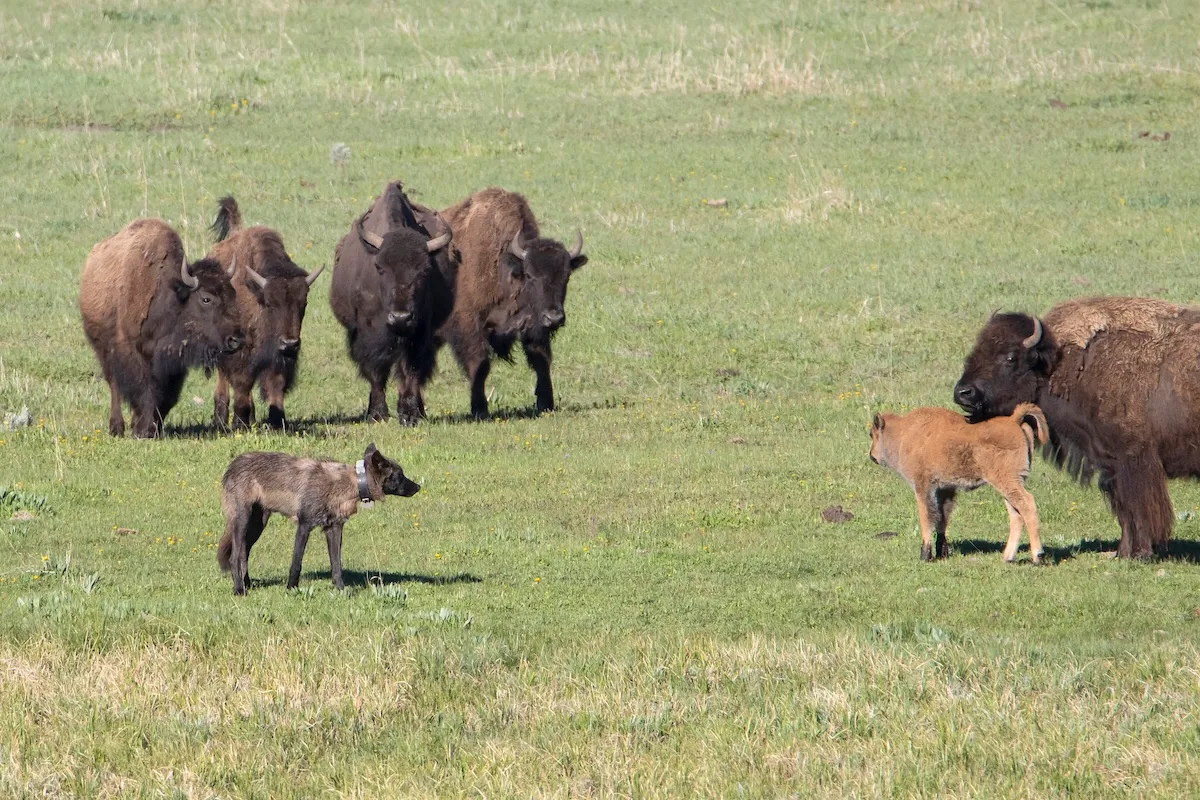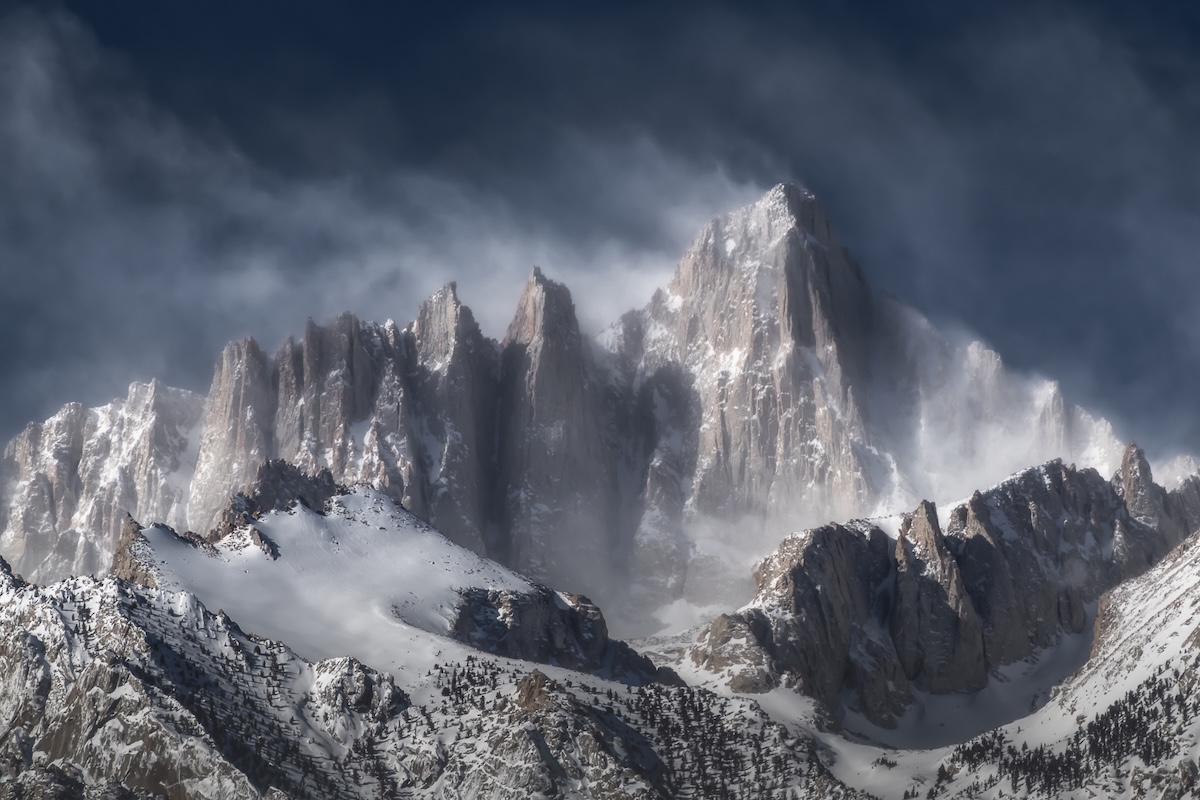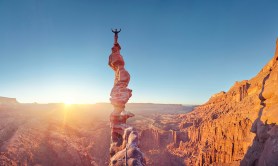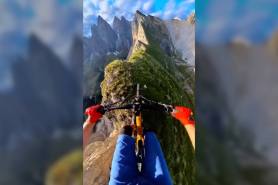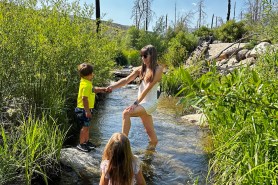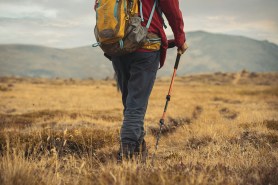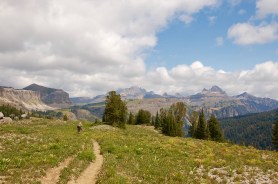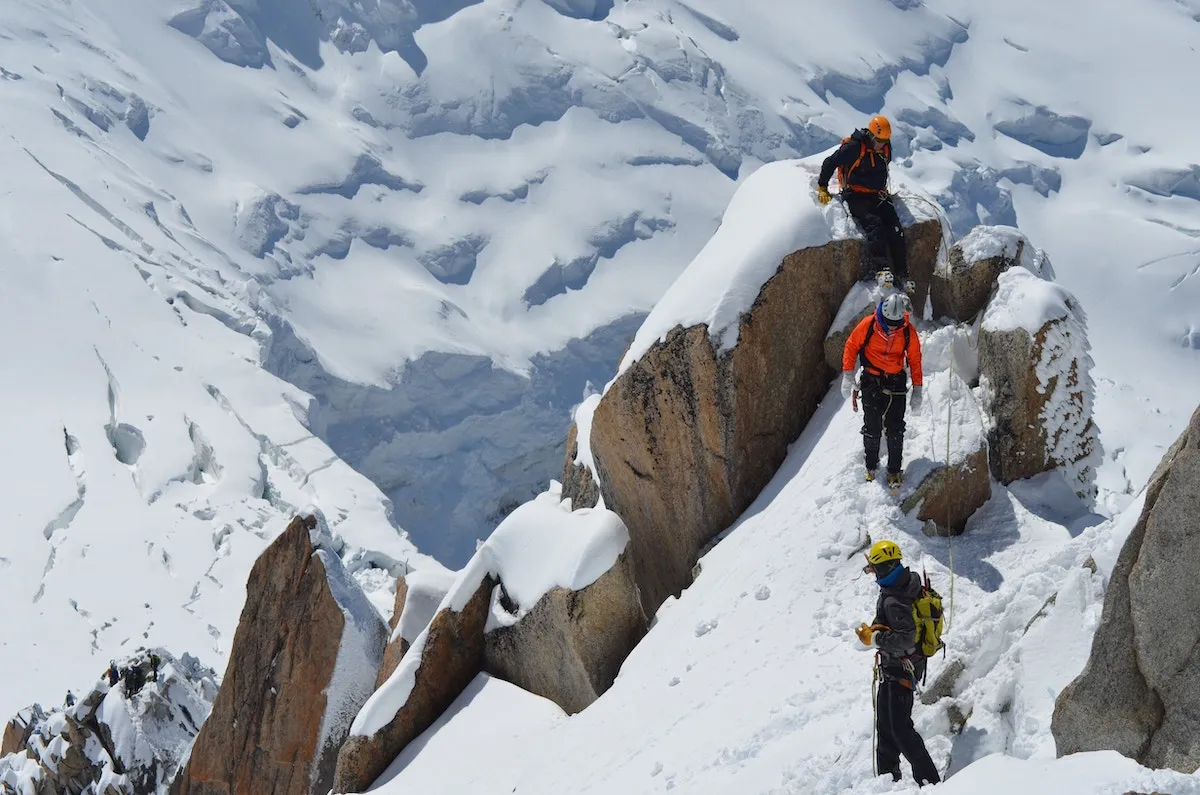

The right guide can make or break your experience on an outdoor adventure. Whether it’s trekking through a remote jungle, exploring historical sites, or navigating vertical terrain, a knowledgeable and experienced guide can not only significantly enhance your experience but also make it much safer. However, not all guides are created equal. Here’s a list of 10 tips and things to remember when selecting a guide for your next outdoor adventure.
Videos by Outdoors
1. Specialization and Expertise
Look for guides who specialize in the type of adventure you’re planning. Whether it’s mountaineering, wildlife safaris, cultural tours, or underwater exploration, choosing a guide with expertise in your specific area of interest ensures a deeper understanding and a better experience.
2. Credentials and Certifications
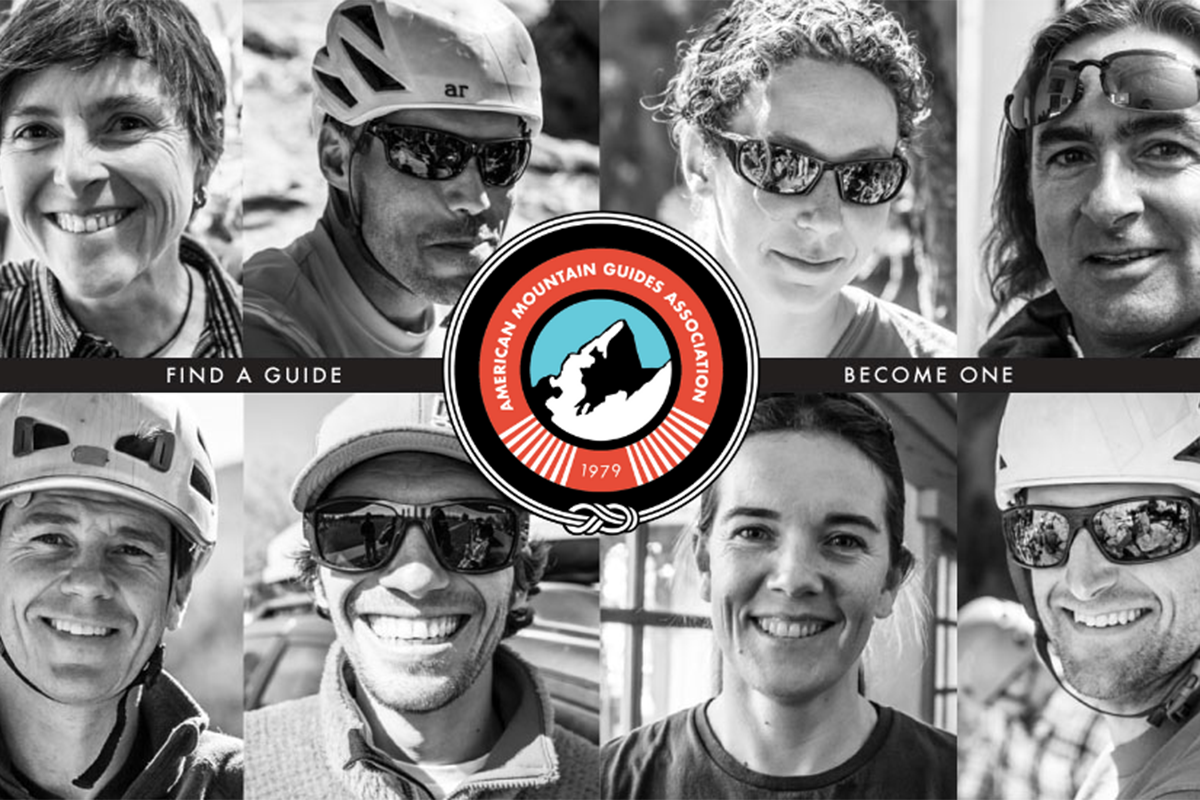
Check for the guide’s qualifications, certifications, and licenses. Reputable guides often hold certifications from recognized associations or have undergone specific training related to the activities they lead. For instance, a certified scuba diving instructor or an AMGA (American Mountain Guides Association)-licensed mountain guide is likely to offer a safer and more informative experience. By choosing a certified guide, you’re likely to get a better experience and you’re helping to make guiding a sustainable career for these people.
3. Experience and Track Record
Don’t be afraid to reach out and do a quick interview with a potential guide. Ask if he or she has done the route or feature before, when the last time he/she guided it was, and other relevant questions. Half of guiding is knowing how to guide, and the other half is knowing the terrain. A guide familiar with the zone will also have great back-up plans in case things go sideways, or he’ll have a plan if there’s extra time in the day for a bonus adventure. The best guides also know the local goods on where to grab a bite in town when the day is finished.
4. Reviews and Testimonials
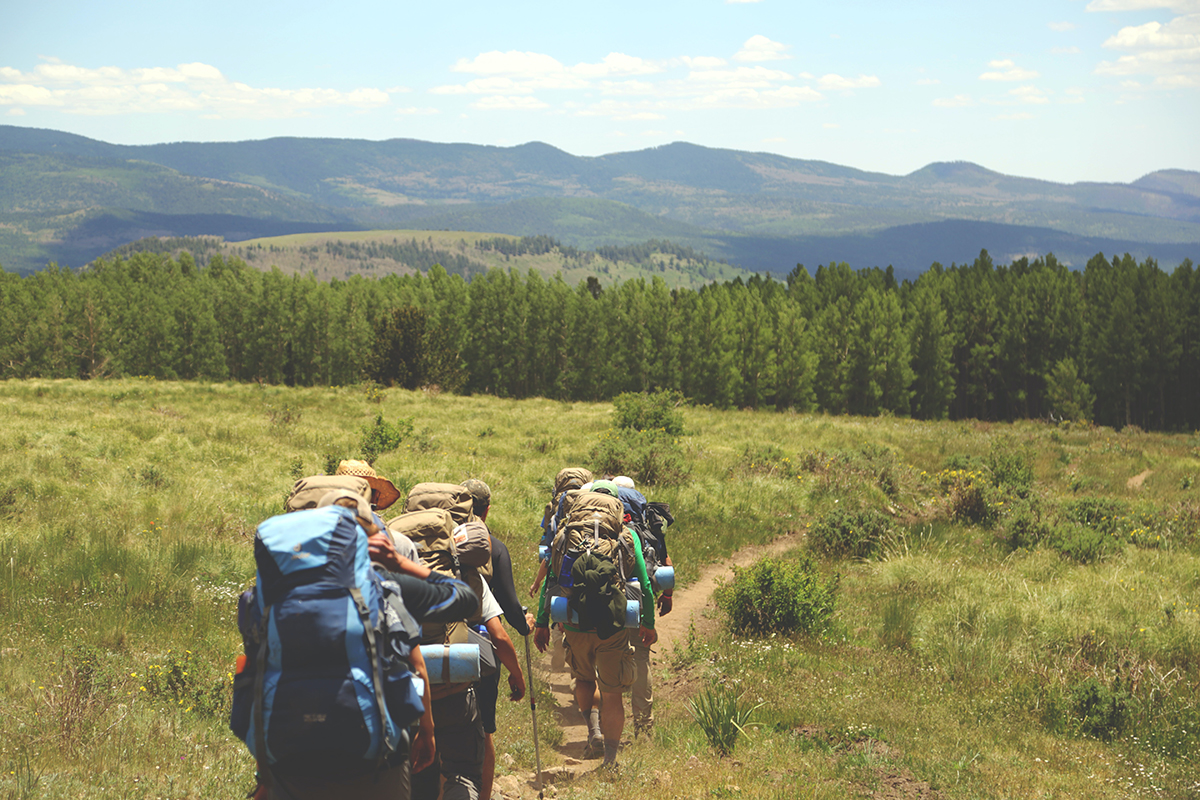
Seek out reviews and testimonials from previous adventurers. Online platforms, travel forums, and word-of-mouth recommendations offer invaluable insights into a guide’s professionalism and knowledge, as well as the overall quality of his or her service.
5. Communication Skills
Good guides will not only be great communicators during your day but also before and after it. They’ll contact you before your experience to make sure you are prepared for the day with the proper tools, apparel, skills, and fitness. They’ll also have a great follow-up for next steps, if you’re looking to grow your skills or have more experiences. During the trek or adventure itself, they’ll make sure you are getting out of it what you initially wanted, and they’ll check in if the day is long to ensure you’re having the best experience possible.
6. Safety Measures and Emergency Preparedness
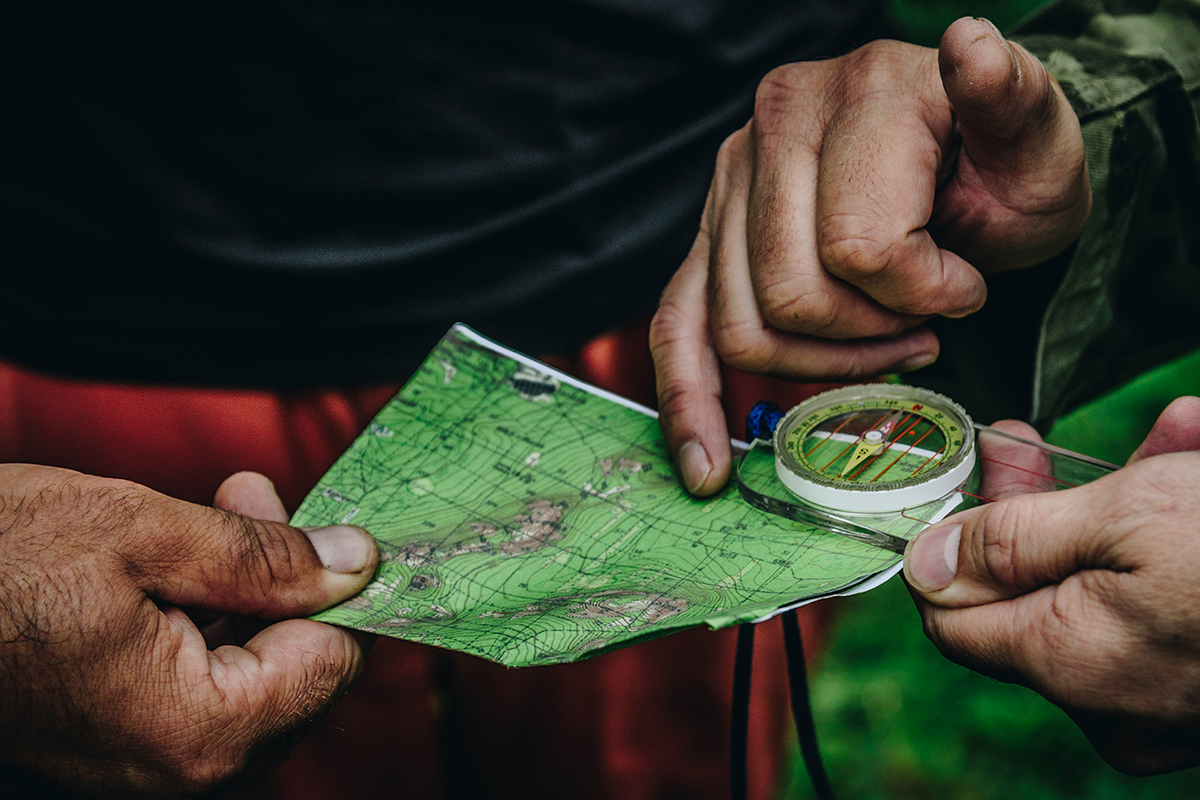
Inquire about the guide’s approach to safety. A reliable guide prioritizes safety measures, carries essential emergency equipment (and knows how to use all of it), and is well-versed in first aid. Understanding a guide’s or company’s emergency protocols and risk-management strategies is crucial before embarking on any adventure. If rules become looser or more strict in the middle of the action, don’t be afraid to ask questions of your guides to help you see the terrain as they do. That way, you can learn from their experience.
7. Sustainability and Ethical Practices
Opt for guides who prioritize responsible and sustainable practices. Guides who respect the environment, local cultures, and wildlife contribute to the preservation of natural habitats and support local communities. A local guide will be especially knowledgeable on the local fauna and geology of the area, which can add to some amazing conversations throughout the day.
8. Personal Compatibility and Group Size
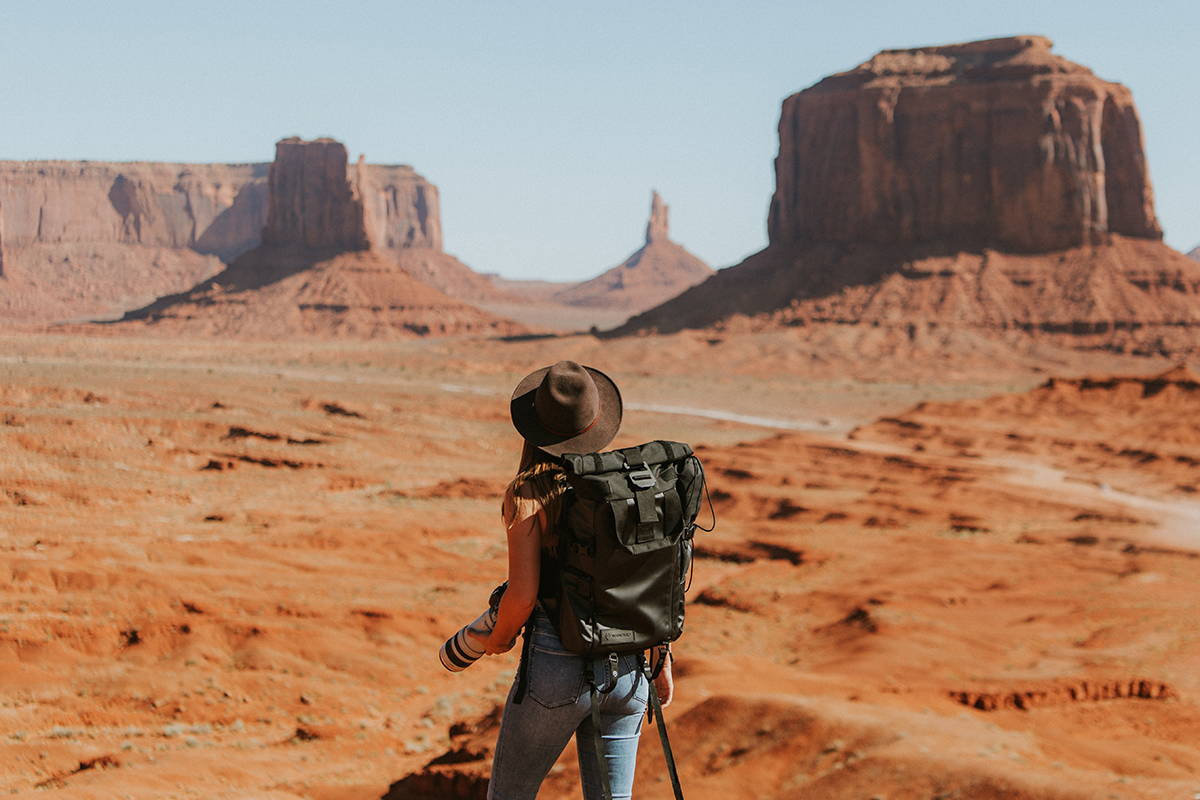
Consider your preferences regarding group size and the guide’s ability to accommodate them. Some adventurers prefer smaller groups for a more personalized experience, which may cost a bit more. Others may enjoy the dynamics of a larger group. Ensure that the guide’s style aligns with your expectations and your group’s expectations.
9. Flexibility and Adaptability
Great guides are adaptable to changing conditions and unexpected situations. They should adjust the itinerary or activities based on the group’s interests, weather conditions, or any unforeseen circumstances that may arise.
10. Remember to Tip Your Guide
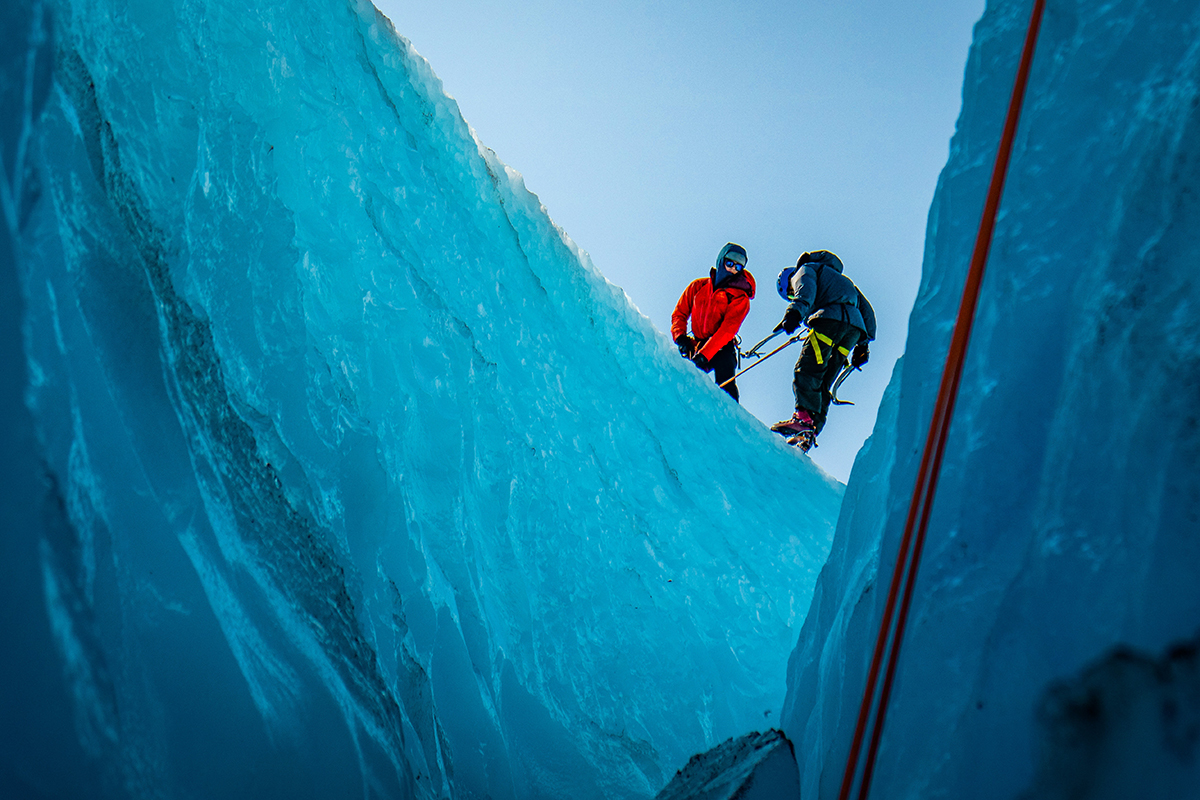
Guiding is still a service industry job, just like the person serving your food or cutting your hair. Often, guides are only paid about 40% of what you paid for the adventure, and tips help them maintain a stable financial outlook. If your guide went out of his or her way to take photos, check in, bring snacks, crack jokes, or anything else, consider an even bigger tip.
Selecting the right guide for your adventure involves a lot of research ahead of time, but the effort is worth it. Remember, a skilled and knowledgeable guide can transform an ordinary trip into an unforgettable journey filled with learning, discovery, and memorable experiences.
